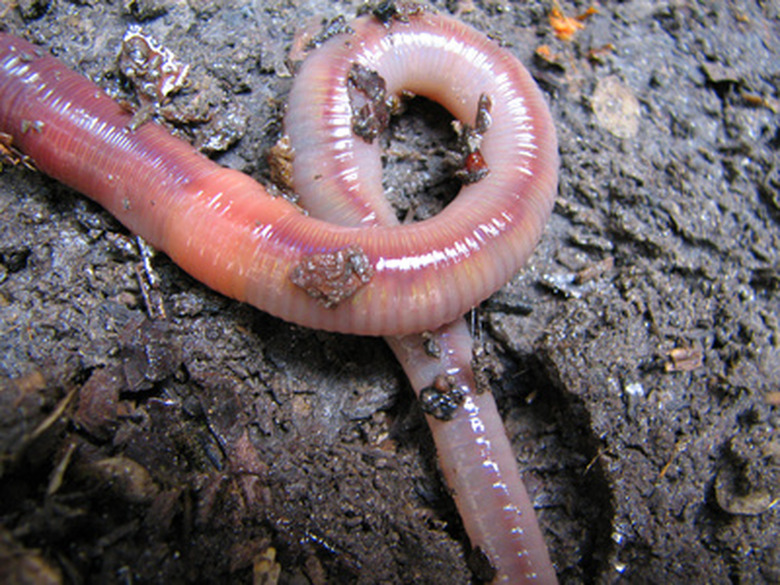Importance Of Vermicompost
Compost worms provided with bedding materials, organic scraps and several months to eat them up produce a manure called vermicompost. Home gardeners can produce vermicompost year round at low cost using a simple bin. With its sweet earthy smell and the granular texture of coffee grounds, vermicompost provides a valuable soil amendment.
Benefits
Worm compost contains seven times the available potash found in topsoil, as well as five times the available nitrogen and 1 1/2 times more calcium, delivered gently in organic form so as not to burn plants. ?Loren Nencarrow reports in "The Worm Book" a study that found that replacing basic plant compost with vermicompost after one year resulted in a crop yield a third greater.
Geography
Scientists and government officials have eagerly explored vermicompost as an obvious benefit to agriculture in warm-weather climates where compost worms can flourish in outdoor commercial facilities, including the southeastern United States, the Philippines, Cuba, Australia and South Africa. In Canada's Nova Scotia province, the Organic Agriculture Centre of Canada conducts research on modifications to maintain year-round vermicompost operations that allow worms to survive and flourish in colder climates.
- Compost worms provided with bedding materials, organic scraps and several months to eat them up produce a manure called vermicompost.
- In Canada's Nova Scotia province, the Organic Agriculture Centre of Canada conducts research on modifications to maintain year-round vermicompost operations that allow worms to survive and flourish in colder climates.
History
Charles Darwin penned a paean to the earthworm in 1881 with his book "The Formation of Vegetable Mould Through the Action of Worms, With Observations on Their Habits," crediting Britain's extensive topsoil to annelid activity. After a century of only sporadic research, the mid-1990s began a resurgence of interest in vermicompost as a valuable soil additive and way to lessen the burden on the world's landfills of kitchen and other organic wastes.
Effects
The Oklahoma Cooperative Extension Service indicates that vermicomposting of household waste could reduce the amount of trash in landfills, as worms can competently compost the paper and paperboard, food scraps and yard waste that comprise more than half of a typical family's garbage.
Expert Insight
In the developing world, vermicomposting offers a win-win-win scenario to tackle the problem of safe waste disposal, to create "the most needed plant nutrients for sustainable productivity" and to build training programs for women's self-help groups to manage large-scale vermicomposting operations, K.P. Nagavallemma and Indian colleagues reported in a 2004 paper for the International Crops Research Institute for the Semi-Arid Tropics.
